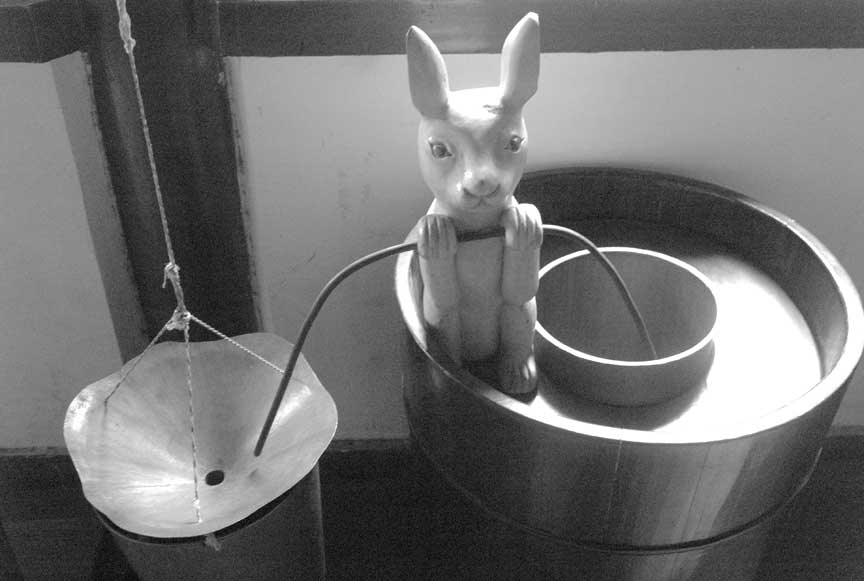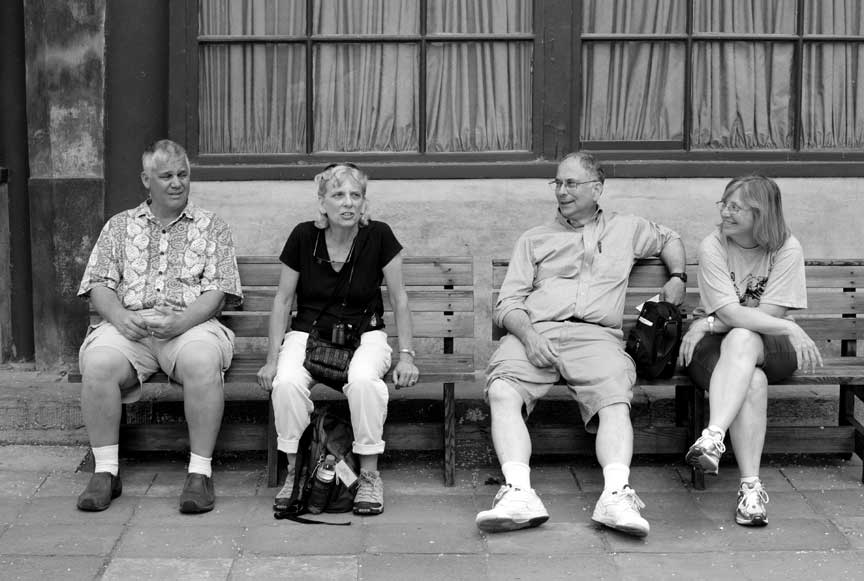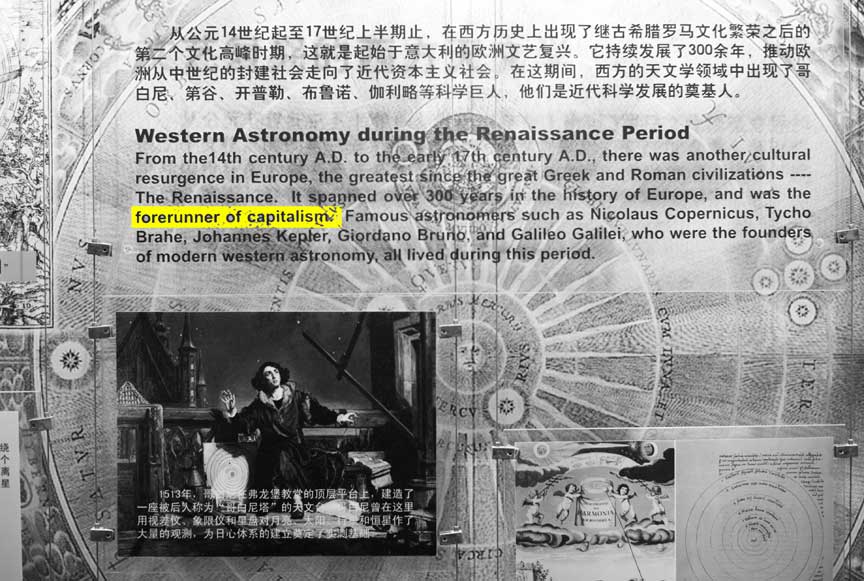China 2009
Beijing’s Ancient Observatory
Photos by Ed Hedemann
(click on photo to enlarge)
One of the oldest observatories in the world (completed during the Ming Dynasty
in 1442)
was used primarily to observe celestial objects and improve calendars. In the
1600s it was upgrade with the aid of a Flemish Jesuit missionary.
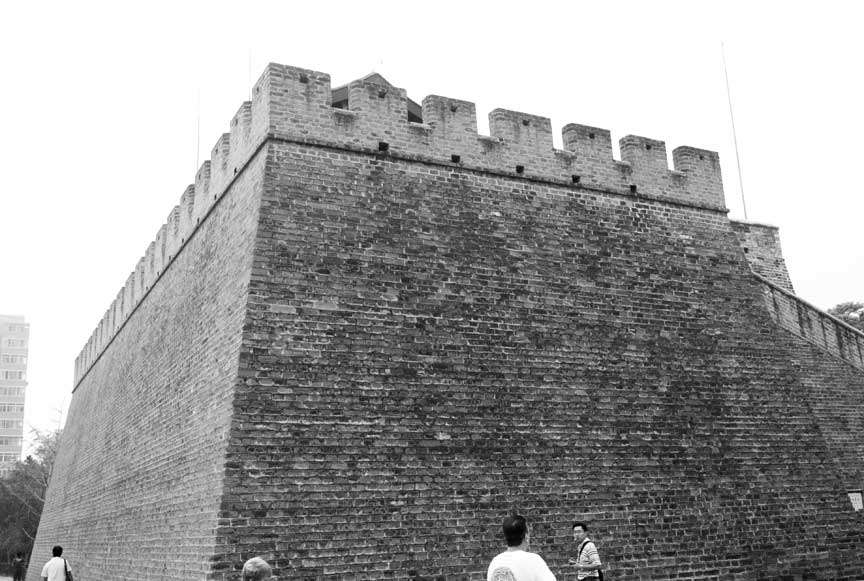

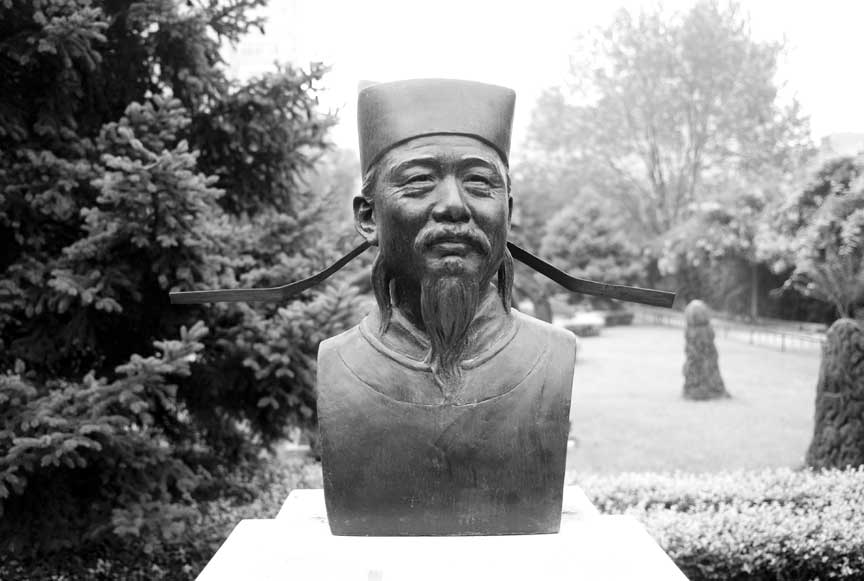
century astronomer who
developed the longest
used calendar in Chinese
history
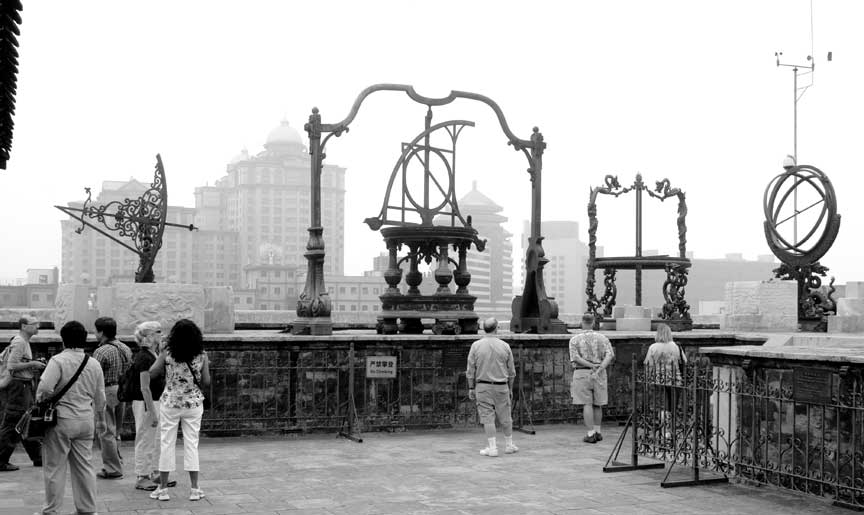
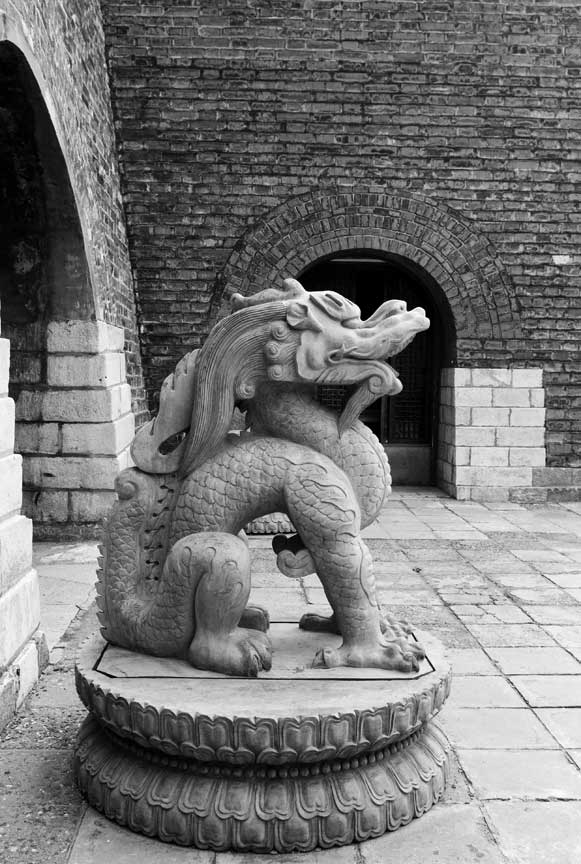
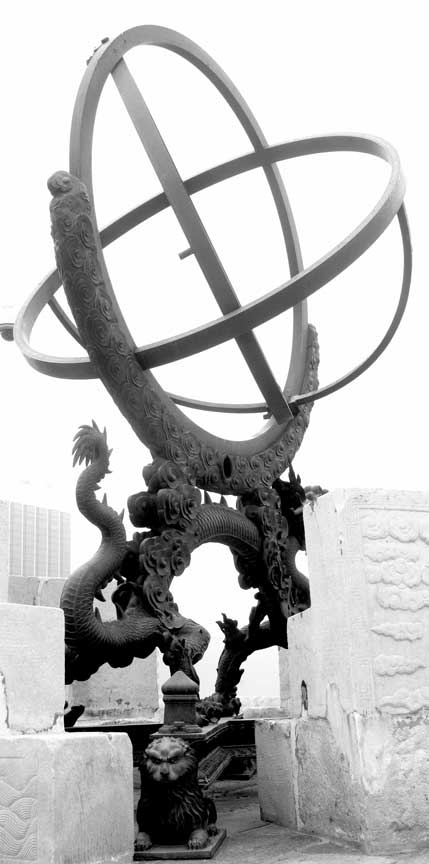
Armillary sphere, used
to determine celestial
positions
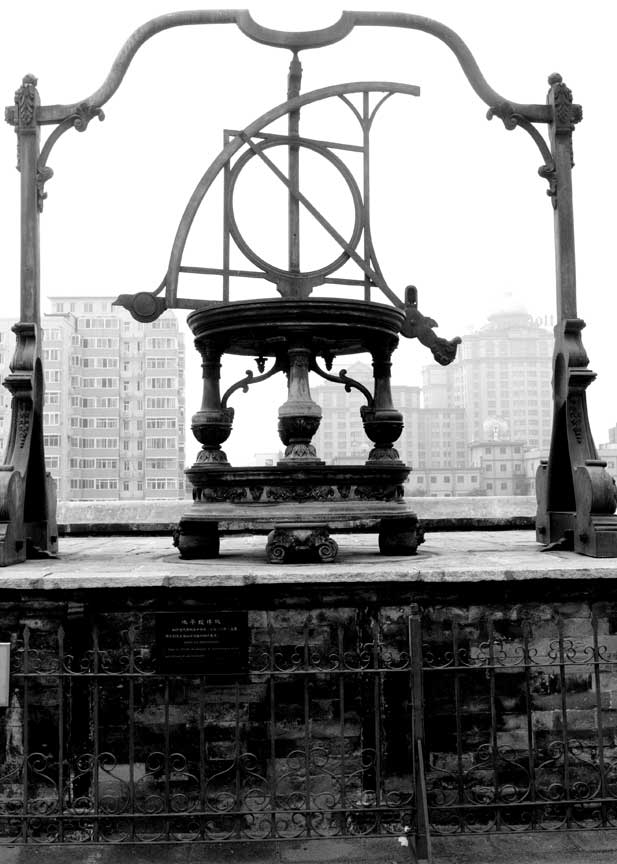
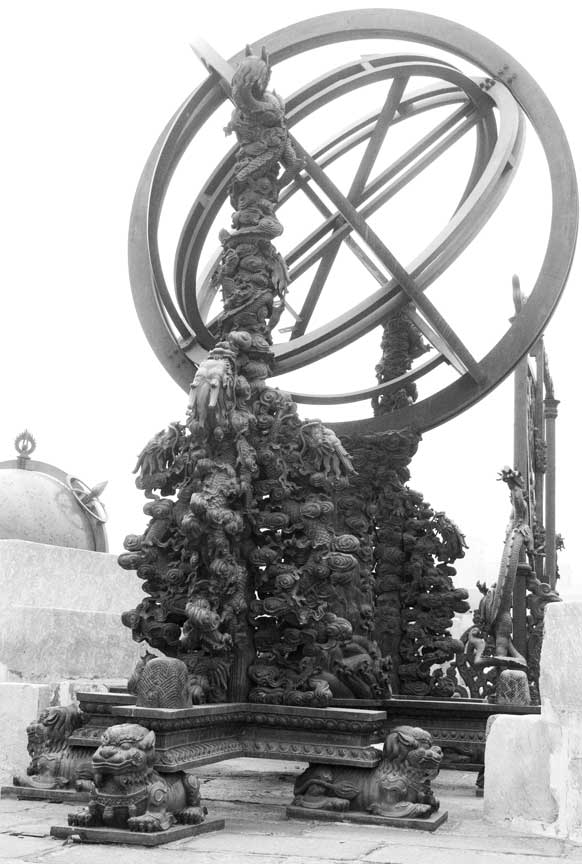
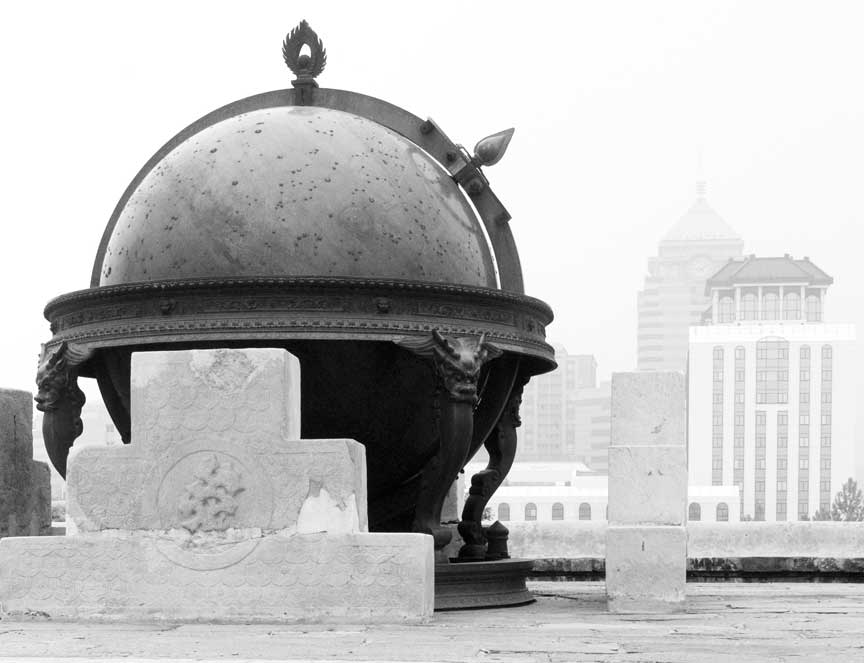
measure azimuths
measure altitudes and
azimuths

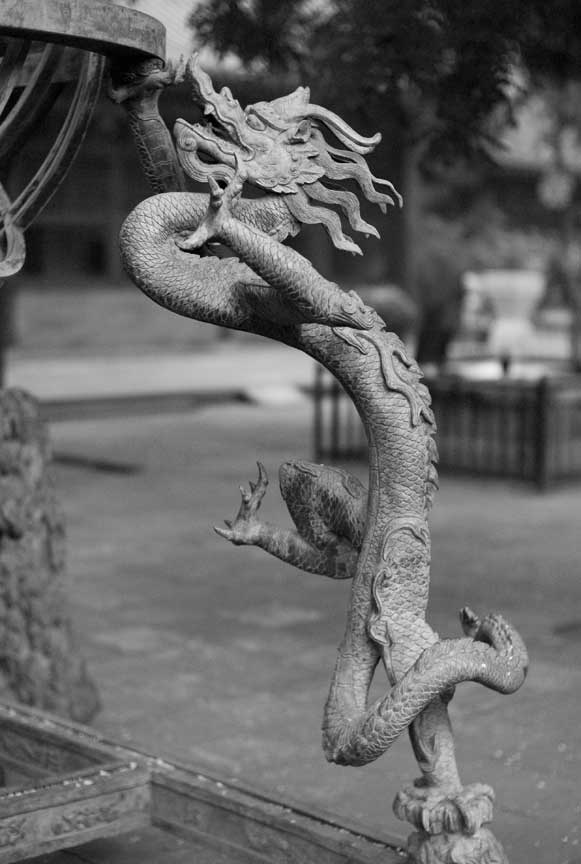
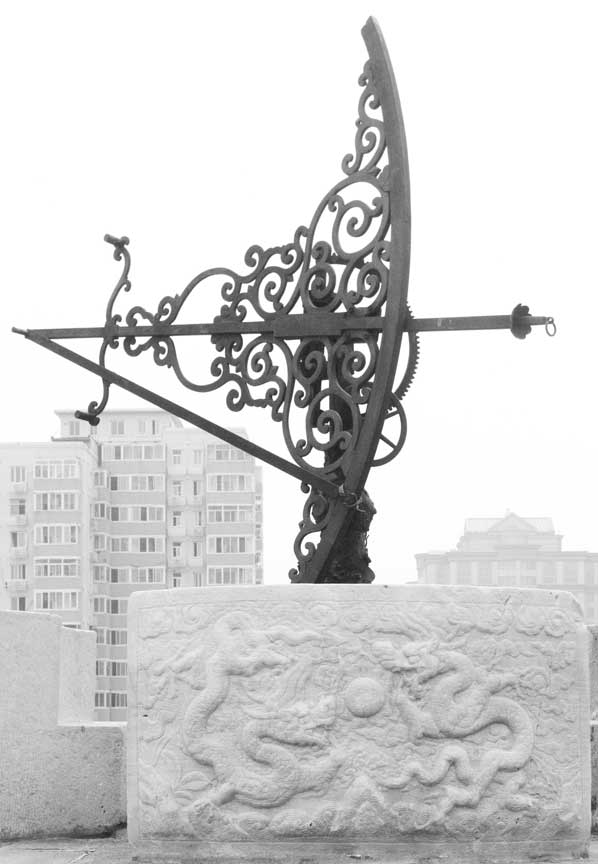
astronomical instruments
to measure angular distance
between two objects
